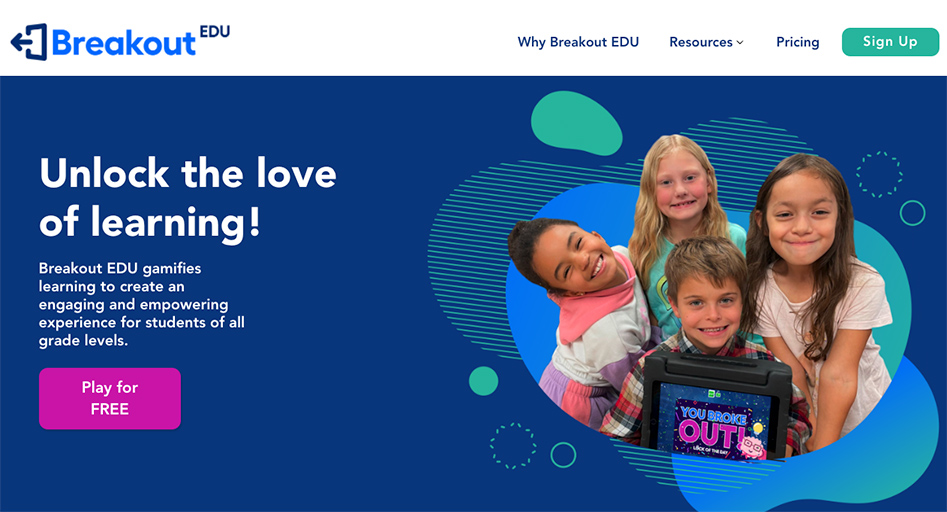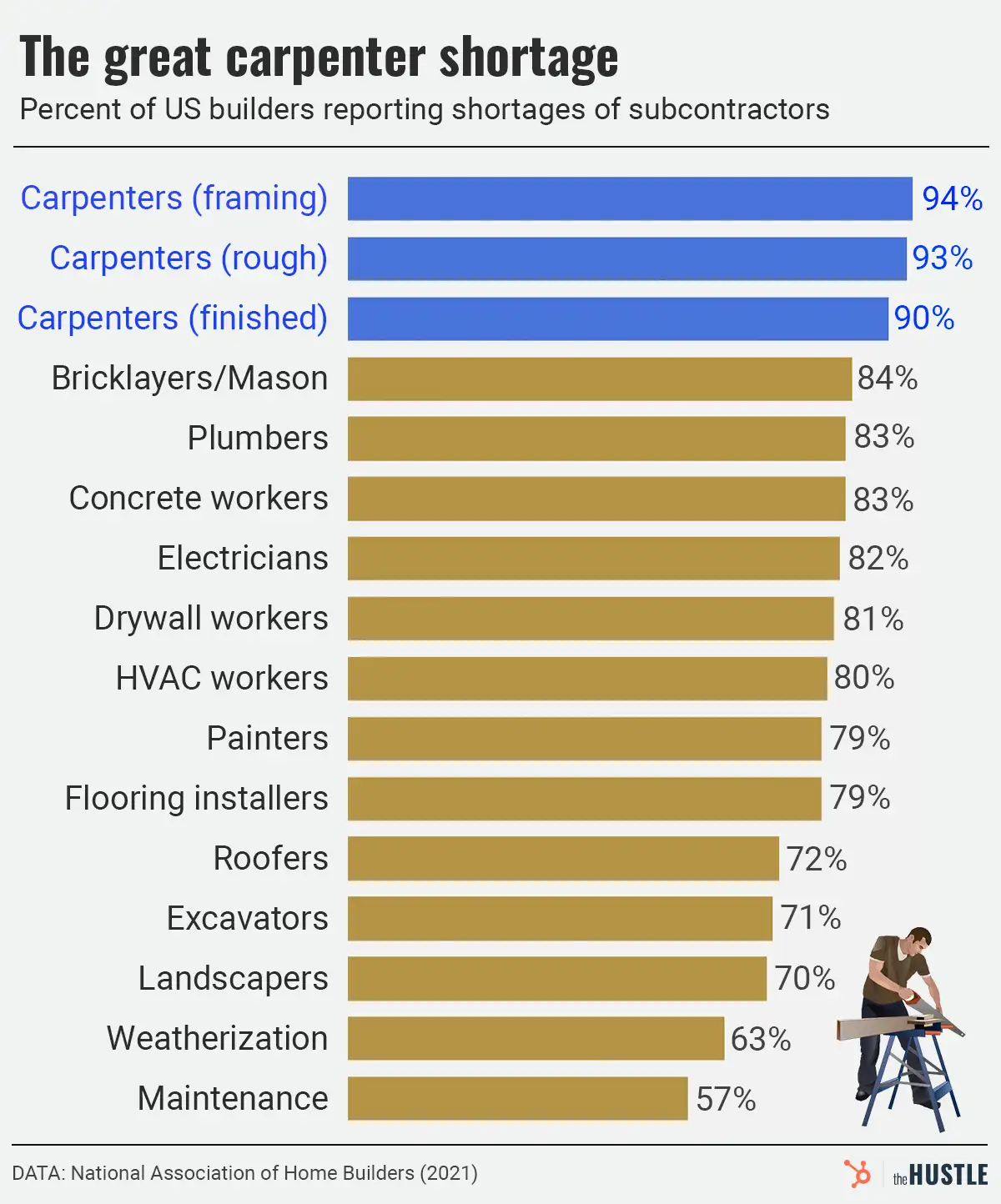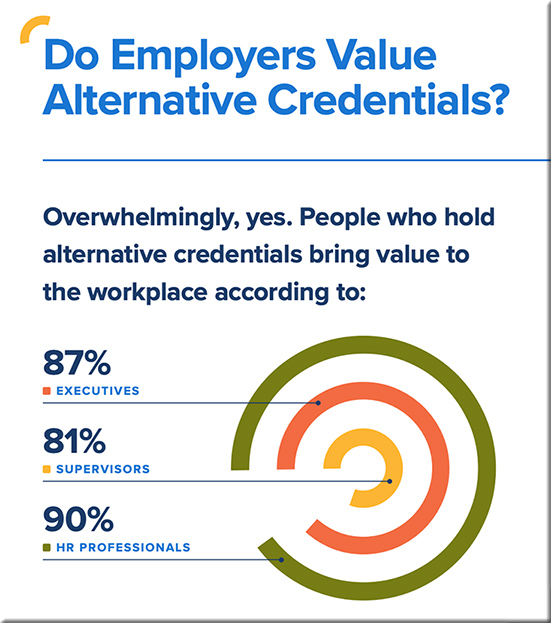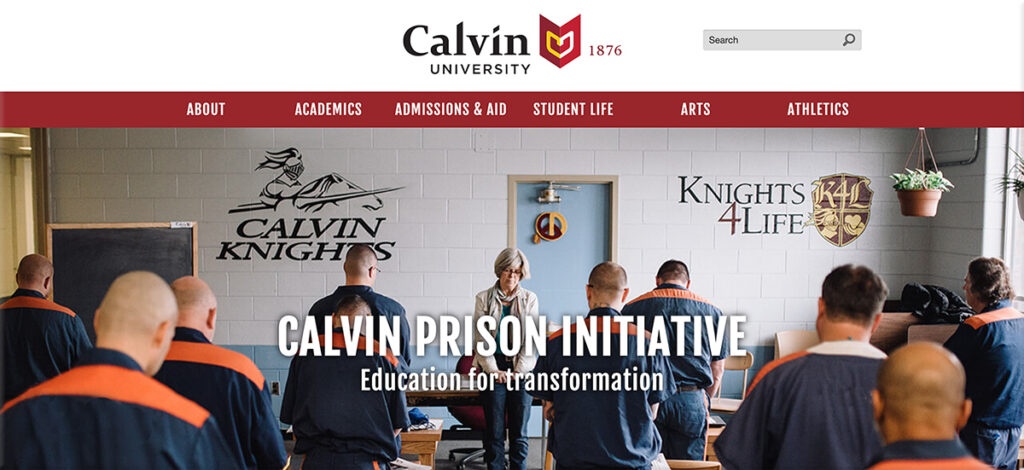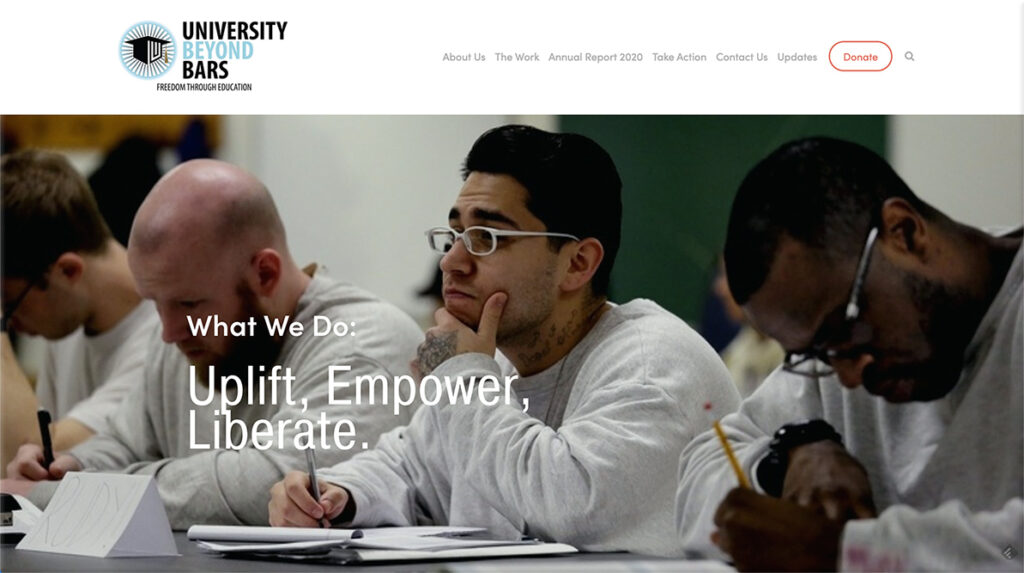How an Escape Room Is Building Students’ Digital Skills at Northampton Community College — from campustechnology.com by Rhea Kelly
Excerpt of description of podcast:
We spoke with Beth Ritter-Guth, associate dean of online learning and educational technology at the college, to find out how the Learning Lab is engaging students, building digital literacy and providing valuable training in the job skills of the future.
Also see:
Five Concepts You Can Teach Through Geocaching — from freetech4teachers.com by Richard Byrne
Excerpt:
Geocaching is one of the things that I spend a good bit of time talking about in both my workshop and in my webinar about blending technology into outdoor learning. Geocaching is a great activity to do to get kids outside for hands-on learning experiences. Here are five things that you can teach through geocaching activities.
From DSC:
This next one may be useful for educators and/or parents, but it’s useful for pretty much all of us
Tip of the week: A great group packing tool — from Jared newman
Excerpt:
As an alternative to clunky spreadsheets or endless email chains, WhoBrings is a brilliantly simple way to figure out who’s bringing what.
Just type the name of your packing list into this free website, add some items, then share the link with the rest of the group. Anyone who has the link can then claim responsibility for an item or add new items to the list. You can also specify a number of units for any item—12 beach towels, for instance, or three packs of beer—and people can choose how many they’ll bring.
Also see:
Learning, doing, and teaching biology through multimedia — from MIT Open Learning
Producing multimedia for online courses involves lifelong learning









